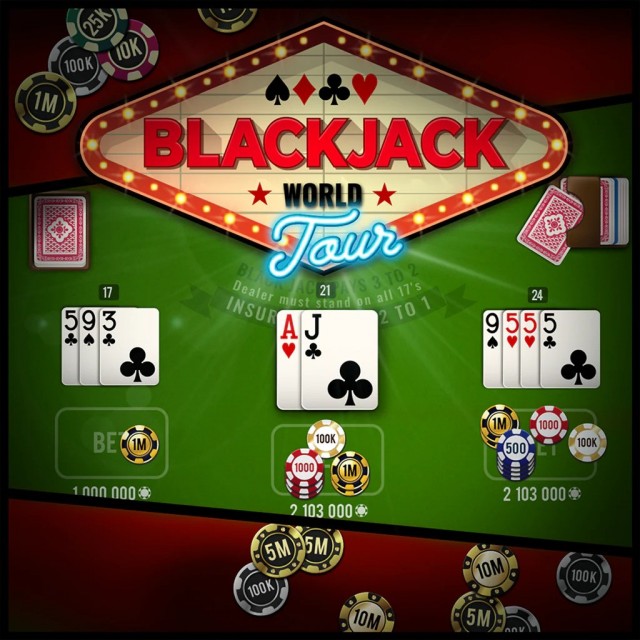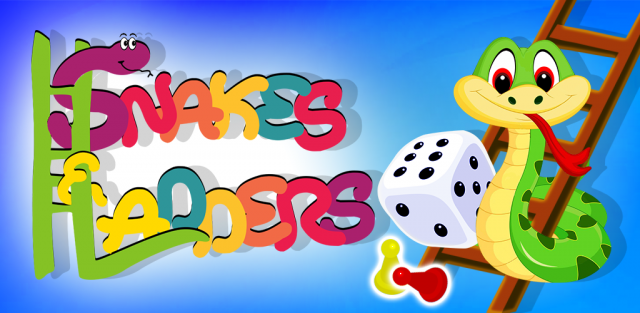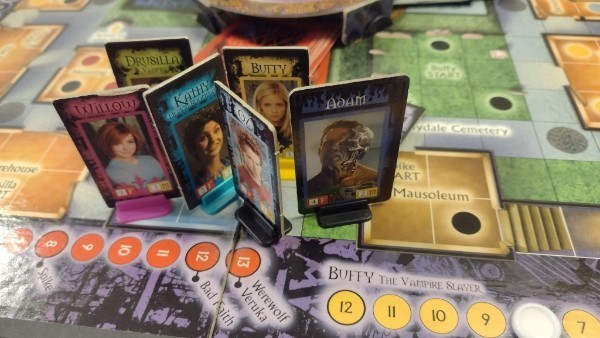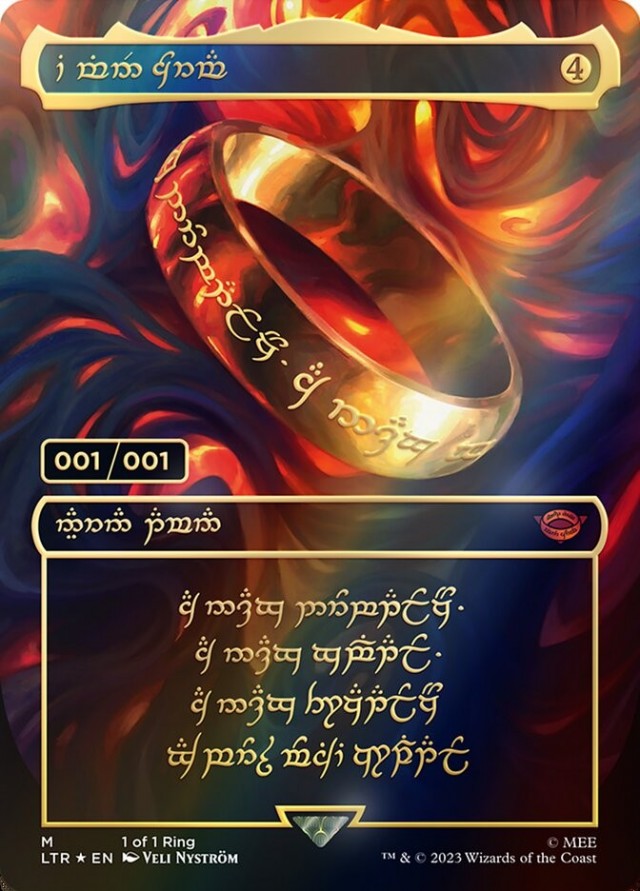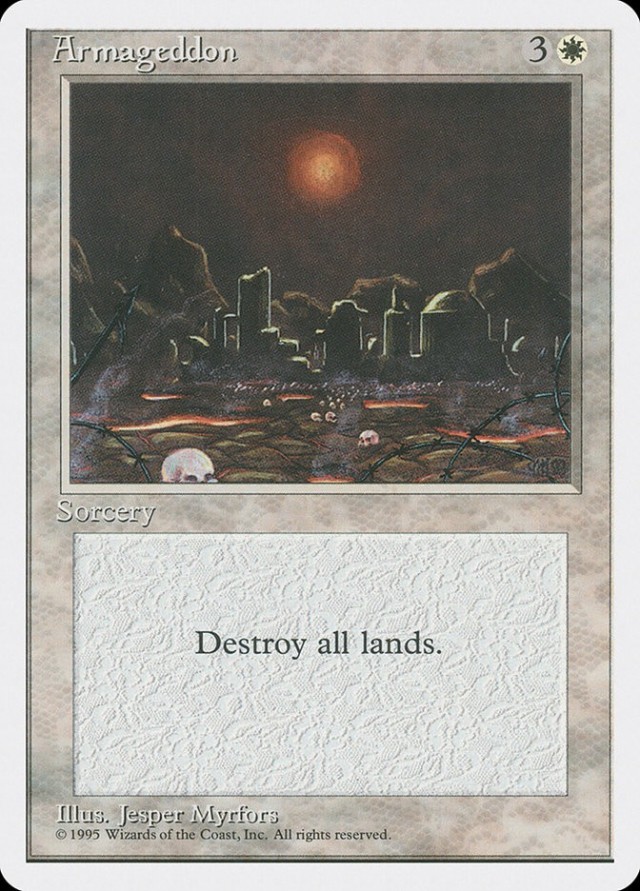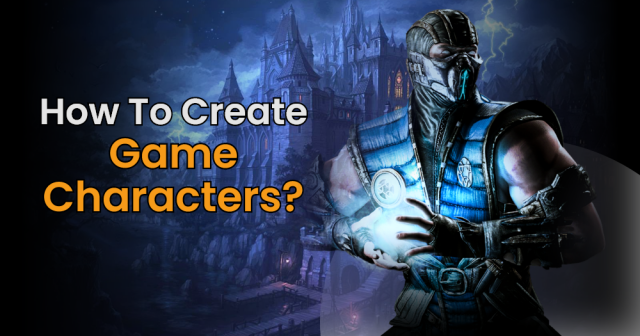As far as sports go, my first love is football. I was born a fan of the Ohio State Buckeyes and the Cleveland Browns, and I’ll most likely carry those loyalties to my grave. The football season is some terrific television. Like a weekly drama series, there are exciting developments every week, and then you spend several days gabbing about recent events. All of the nerdery that goes with the game does not come naturally to me, but the drama and narrative that develops over a season is unparalleled, and that’s what I love about it. That holds true of any sport, in fact. There’s an arc that forms over a season, and that’s really what makes sports fun to play and watch.
Blood Bowl: Team Manager is the first game I’ve played that actually encapsulates a season of football in an hour or so. And really, it does a pretty good job. In fact, it’s one of the best games of 2011 because it knows that it can’t translate a football season perfectly. Instead, it abstracts the whole thing in smart ways, and leaves a very accessible game that still feels like football. And not just any game of football: this is Blood Bowl. The classic Games Workshop game is still a favorite among hobbyists, but it’s hard for fans to play the game the way it is meant, as a multi-team league. There’s a lot of time and commitment that goes into a Blood Bowl league, and it’s more than most gamers can set aside. Fantasy Flight games has once again taken a classic GW property, and translated it into a really good game.
Let’s me clear though, this is not Blood Bowl. There aren’t any minis or measuring. The setting has instead been transported to a $35 card game that represents a complete season of Blood Bowl. Each player takes ownership of one of six teams, like Orcs or Wood Elves, and take part in a five-round season to see which team can get the most fans. Each round, a series of matchups are placed face-up. Players take turns placing individual players on the match-ups, which commits a certain amount of star power to that match-up. The side with the most star power at the end gets a nice reward for their trouble, and the loser has to content themselves with a much smaller payout. Each player has a couple of skills, like the ability to pass the ball or tackle another player. Tackling is my favorite part of the game. The tackling player rolls dice depending on how his star power compares to that of his target. Odds are the tackle will succeed and knock down the opponent, but there’s a chance it’ll miss, or even knock down the tackler. Winning matchups brings your team rewards like new players, coaching staff, team improvements, and fans.
That’s the bones of a pretty good football game right there, but the setting really is what makes this game fun. In short, this is a very funny game. Blood Bowl is a setting that embraces the most violent parts of football, and it does so with glee. The illustrations are gruesome to the point of hilarity, and each match-up contains little bits of commentary that makes me smile without fail. One of the most important parts of the game is cheating. Several players “cheat” by placing a token on their card. At the end of the game, that cheating will likely result in a reward, but it could get them ejected. And each team really has their own personality. The Wood Elves have a high-flying offense. The Orcs love to hurt their opponents. And the Dwarves basically play the card game equivalent of Tresselball.
Like last year’s very good Death Angel, Team Manager uses randomness in all the right ways. Each die roll is tense and has very high stakes. It can be the difference between a huge reward when you miss a crucial tackle. And there are few things as groan-inducing as having a player ejected for cheating, while the refs swallow their whistle for the guys who cheated twice as much as you. That will probably drive a lot of people crazy, but it works well in a football game. Football always has bizarre twists of fate and extenuating circumstances that affect the outcome. This game captures that capriciousness very well. And yet, I never feel like I’ve been screwed too hard. The decisions definitely matter. In a four-player game, there can be as many as five match-ups, and you only have six cards to play. That makes each play a tough choice, and there’s a lot to consider each turn. It’s a simple game, but it invites analysis.
That’s probably a bigger problem than it should be. I tend to play with thinkers, and that will definitely add time to the game. It wants to be about 45-60 minutes, and with familiarity it could probably get there easily. But new players will push the time closer to 90 minutes, and the really slow ones might edge 2 hours, which is way too long. I also have some theoretical reservations about the two-player game. Normally a game will use headline cards, which give a little effect to the rest of the turn. They are fun and add variety, but they are left out of the two-player game as written, and I don’t know why. However, that’s a very easy fix, and in practice it barely registers at all. It actually plays very well with two. Also, with new players, you might get a player from another “race” on your team, like an Orc playing for the Skaven. That’ll annoy some people, but those people will mostly be sticklers. It doesn’t bother met at all, and is also easily fixable.
I’m impressed by Blood Bowl: Team Manager. It reminds me a lot of Space Hulk: Death Angel from last year in the sense that it takes a pretty rich board game experience and distills it into a small box of cards. Both designs utilize randomness to add tension and excitement. The difference is that Team Manager is much more accessible, and a lot more replayable. The fact that FFG included six playable teams is to be commended, and between the teams, players, and improvements, each game will shake out differently. And if you strip back the layers of rat-men and minotaurs, it’s just a good football game. But then, why would you do that? Blood Bowl: Team Manager brings forth the promise of its setting in a great way. It would seem that FFG has a better handle on Games Workshop products than Games Workshop.
Check out this review on my blog, The Rumpus Room, where Matt Thrower won't review the same game two days before I do.
 Games
Games How to resolve AdBlock issue?
How to resolve AdBlock issue? 